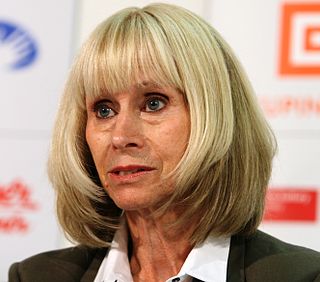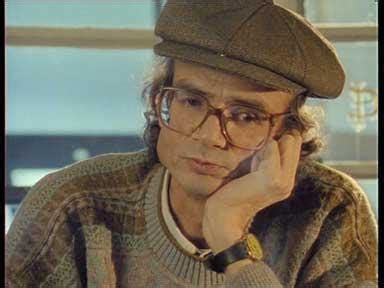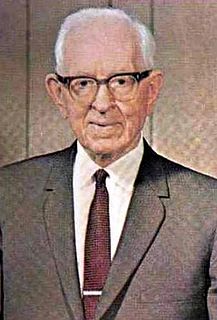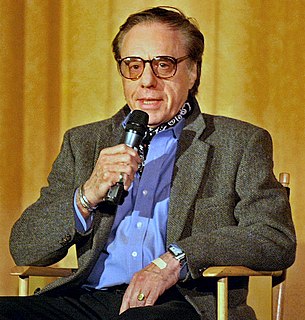A Quote by Barry Jenkins
Until 'Moonlight,' I had never seen one black man cook for another on screen. But I wanted the characters to be free of 'groundbreaking' or 'never before.' We were ascribed those things. They weren't the point.
Related Quotes
White people scare the crap out of me. I have never been attacked by a black person, never been evicted by a black person, never had my security deposit ripped off by a black landlord, never had a black landlord, never been pulled over by a black cop, never been sold a lemon by a black car salesman, never seen a black car salesman, never had a black person deny me a bank loan, never had a black person bury my movie, and I've never heard a black person say, 'We're going to eliminate ten thousand jobs here - have a nice day!'
There is a reason why one man is born black and with other disadvantages, while another is born white with great advantages. The reason is that we once had an estate before we came here, and were obedient; more or less, to the laws that were given us there. Those who were faithful in all things there received greater blessings here, and those who were not faithful received less
I think one of the reasons younger people don't like older films, films made say before the '60s, is that they've never seen them on a big screen, ever. If you don't see a film on a big screen, you haven't really seen it. You've seen a version of it, but you haven't seen it. That's my feeling, but I'm old-fashioned.
When we first sat down and talked about how much of the show we were going to do based on the movie, there are certainly things you can see right away, but we wanted to make sure that the audience who maybe never saw the movie or has maybe never seen any of the Marvel characters before - and I know there's three of them left on the planet - could have someone that could be their eyes and take them in.
Best to let the broken glass be broken glass, let it splinter into smaller pieces and dust and scatter. Let the cracks between things widen until they are no longer cracks but the new places for things. That was where they were now. The world wasn't ending: it had ended and now they were in the new place. They could not recognize it because they had never seen it before.
If I wanted to be free, truly free, I had to choose. There were many points on the compass rose; I had to locate the few that were meant for me. Not any destination picked at random; I had to head for those that summoned me with a passion, for they were the ones that gave meaning to my life. I had to ignore the warnings of those who would tell me why I couldn't do what I wanted to do.
I've never seen a sincere white man, not when it comes to helping black people. Usually things like this are done by white people to benefit themselves. The white man's primary interest is not to elevate the thinking of black people, or to waken black people, or white people either. The white man is interested in the black man only to the extent that the black man is of use to him. The white man's interest is to make money, to exploit.






































